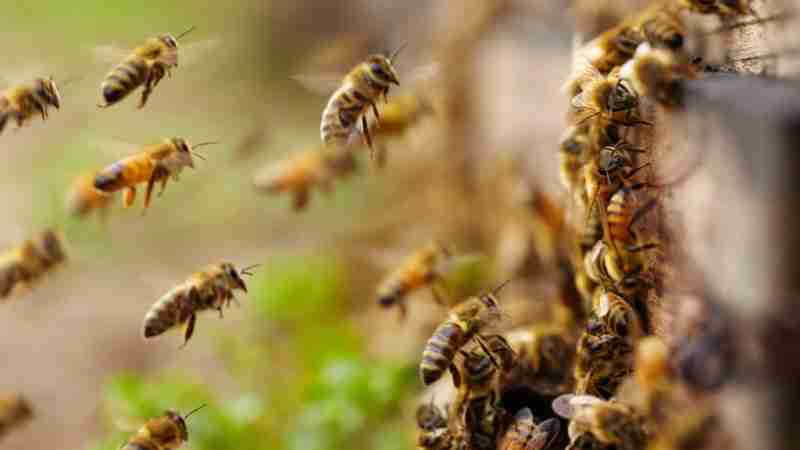…. [W]ithout [bee] pollination efforts, the world would still have plenty of food …. The vegetables we eat don’t require pollination (except tomatoes, which are technically a fruit), but producing seed from which the veggies are grown requires pollinators. Most fruits and nuts require pollinators in order to get a good crop, but wind is also a pollinator. Same goes for melons and berries.
[Editor’s note: Jack DeWitt is a farmer-agronomist with farming experience that spans the decades.]
So the truth is, we could get by without insect pollination, but some fruits and vegetables could get scarce and expensive, and our diet could get a little boring. But no way is 1/3 of our food supply dependent on bees.
The other common point made about honeybees spread in the press is that they are declining, with losses as high as 30 percent or more each year. While it is true that beekeepers have suffered more than normal losses the past several winters, the losses are often made up over the summer — though at extra cost — and worldwide, honeybee hive numbers have never lost upward momentum.
…
Some …. lay the blame for [colony collapse disorder] on neonicotinide insecticides, also called neonics …. Some studies have blamed neonics for CCD, but peer reviewers claim the experimental methods used don’t represent the “real world.” Other studies have exonerated neonics ….



































